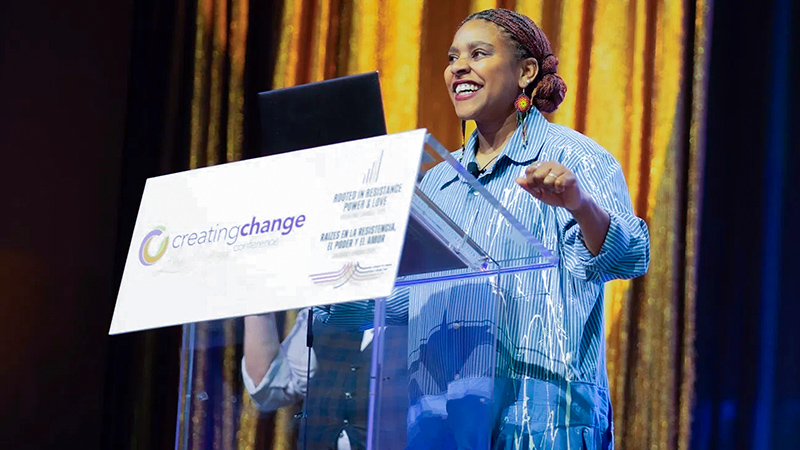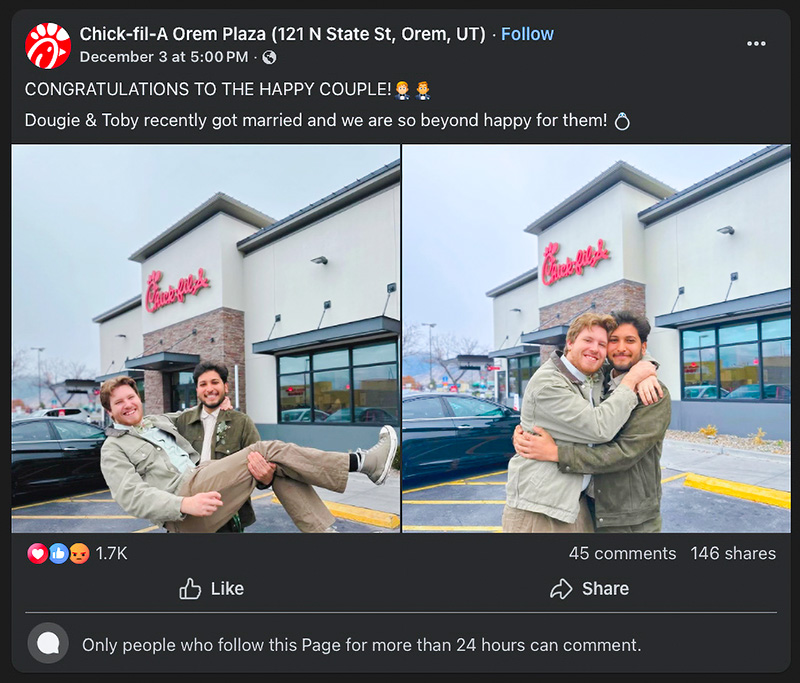Walgreens Pharmacists Sue Over Gender-Affirming Prescriptions
Two Minnesota pharmacists claim they were punished for refusing to fill prescriptions that conflict with their religious beliefs.

Two pharmacists are suing Walgreens and the Minnesota Board of Pharmacy, alleging they were punished for refusing to dispense gender-affirming medications. They are seeking a religious exemption that would allow them to decline filling such prescriptions on moral grounds.
Minnesota law classifies it as unprofessional conduct for a pharmacist to refuse to dispense a valid prescription. Exceptions exist, but only for non-religious reasons, such as doubts about a drug’s effectiveness.
State law also permits pharmacists to refuse prescriptions for abortion-inducing drugs. The plaintiffs argue the state should likewise clarify whether pharmacists can decline to dispense gender-affirming medications if doing so conflicts with their belief that gender is binary and fixed at birth, reports Minnesota Lawyer.
One plaintiff, Rachel Scott, has worked for Walgreens since 2007. She obtained her Minnesota pharmacy license in 2015 and became a staff pharmacist at a Woodbury store two years later.
Scott, a Christian, says she will fill prescriptions unless they involve gender transition. She believes that “attempting to medically alter a person’s biological sex contradicts God’s design,” and argues that dispensing gender-affirming medications would harm the health and well-being of those seeking out the treatments.
In the lawsuit, Scott says she was willing to refer patients to colleagues who would fill gender-affirming prescriptions. She alleges Walgreens “informally” honored that practice for years but denied her a formal religious accommodation. Eventually, the company told her she would not be scheduled if she continued refusing such prescriptions, and she was fired.
The other pharmacist, Dora Ig-Izevbekhai, has been licensed in Minnesota since 1998. She refuses to sell alcohol and tobacco, dispense abortion-related drugs, or administer certain vaccines, including rabies. She also refuses to provide gender-affirming medications, citing both her religious convictions and her belief that such treatments harm patients.
The lawsuit states Walgreens informally accommodated Ig-Izevbekhai, as it had Scott, by letting her refer prescriptions to colleagues. She argues that even with that arrangement, customers were rarely inconvenienced.
In 2022, Walgreens asked Ig-Izevbekhai to complete a religious accommodation form. She says her request was denied because the Minnesota Board of Pharmacy only recognizes religious objections to dispensing emergency contraceptives and abortifacients, not gender-affirming drugs. Her hours were then cut to part-time, forcing her to obtain a Wisconsin license to continue working at Walgreens stores across the border.
Both pharmacists contend that Minnesota’s pharmaceutical regulations should allow religious objections to gender-affirming care. They also seek a ruling that the absence of such an exemption violates their First Amendment right to religious freedom and their Fourteenth Amendment right to equal protection.
“Drs. Ig-Izevbekhai and Scott both have suffered and continue to face significantly diminished career prospects due to employers’ belief that the [Minnesota] Board [of Pharmacy] prohibits religious accommodations for pharmacists with religious convictions and practices like theirs,” the complaint states. “Plaintiffs requested that the Board clarify this matter, and the Board refused.”
Ig-Izevbekhai is also seeking reinstatement to her former position, with higher wages and benefits, reports Minneapolis FOX affiliate KMSP-TV.
Transgender people across the country have reported being denied doctor-prescribed medications by pharmacists, including two high-profile cases at an Arizona CVS in 2018 and a California Walgreens in 2023. That same year, a transgender man in Kansas City, Missouri, said a Costco pharmacist refused to sell him syringes needed to administer his testosterone injections.
Also in 2023, a pharmacist in Bristol, Virginia, refused to fill a prescription for an intersex child — even though the same medications conservatives seek to restrict for transgender youth are often prescribed for intersex patients. As Metro Weekly has reported, even the strictest bans on gender-affirming care for minors include exceptions allowing those treatments when used to force an intersex child into one of two binary genders.
Stay connected with the latest LGBTQ news and analysis. Subscribe to Metro Weekly’s free daily newsletter.
Support Metro Weekly’s Journalism
These are challenging times for news organizations. And yet it’s crucial we stay active and provide vital resources and information to both our local readers and the world. So won’t you please take a moment and consider supporting Metro Weekly with a membership? For as little as $5 a month, you can help ensure Metro Weekly magazine and MetroWeekly.com remain free, viable resources as we provide the best, most diverse, culturally-resonant LGBTQ coverage in both the D.C. region and around the world. Memberships come with exclusive perks and discounts, your own personal digital delivery of each week’s magazine (and an archive), access to our Member's Lounge when it launches this fall, and exclusive members-only items like Metro Weekly Membership Mugs and Tote Bags! Check out all our membership levels here and please join us today!































You must be logged in to post a comment.